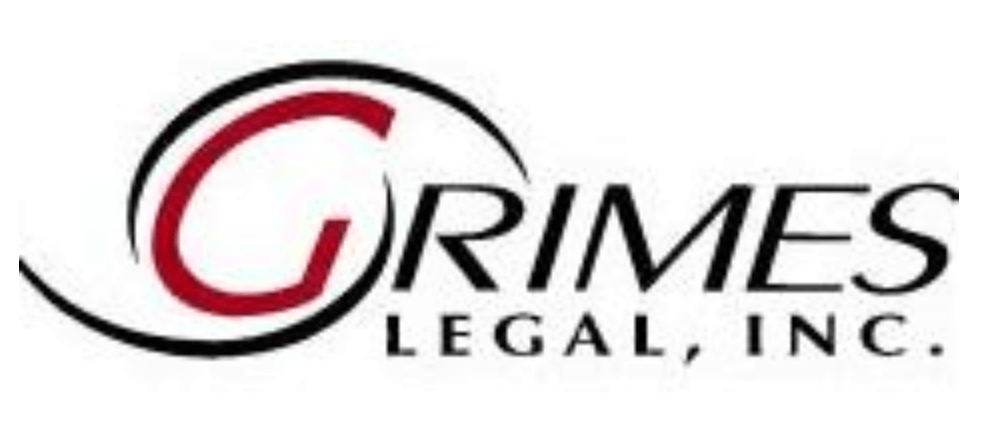INTELLECTUAL PROPERTY
Licensing and Technology Transactions
This practice can include licensing, supporting M&A and even outsourcing. Straight licensing is a very discrete body of law. Not many terms vary between agreements. It’s mostly negotiation with light drafting. Patent and biotech work may require a technical degree. Geographically centered in technology areas (Silicon Valley, Boston, etc.). Great for someone who wants to focus on negotiation and deal-making and for someone who enjoys learning about technology. These attorneys are sometimes responsible for cease-and-desist letters, although litigators can also do that work. The language of the letter must be carefully crafted to avoid giving the other side a chance to seek a declaratory judgment. This is project-based work that typically demands a very quick turnaround time.
IP Litigation
This practice divides into patent, copyright, trademark and trade secrets. Patent and copyright disputes are governed primarily by federal law. Trademarks and trade secrets arise mostly under state law. Most litigation is done in federal courts. This is a very adversarial practice. The stakes are high and for technology companies this can be “bet the company” litigation. Special hearings, such as claim construction hearings are required in this litigation. Research involves not only legal issues, but also factual issues such as the scope of the market, competitors, and competing technologies and products. These actions are generally not very document intensive. This practice is good for people who are interested in learning about new technologies, products, businesses and markets. These attorneys often work with experts.
Prosecution
This practice is divided by type of product: biotechnology, electrical, mechanical, medical devices, software, etc. Most attorneys who prosecute patents have advanced degrees, often Ph.Ds. These attorneys must be qualified with the Patent and Trademark Office. A science degree is required to sit for the Patent Bar Examination. It is possible (and advisable) to sit for the Patent Bar before passing a state bar examination. This is administrative work. Attorneys assist clients in obtaining patents (and occasionally trademarks, although that is relatively simple work). They evaluate whether the client’s request impinges on other intellectual property, defend against opposition to client’s applications in administrative trials, and oppose applications that impinge on the client’s property. This is a very detail-oriented practice that requires knowledge of new technologies, businesses and markets.
